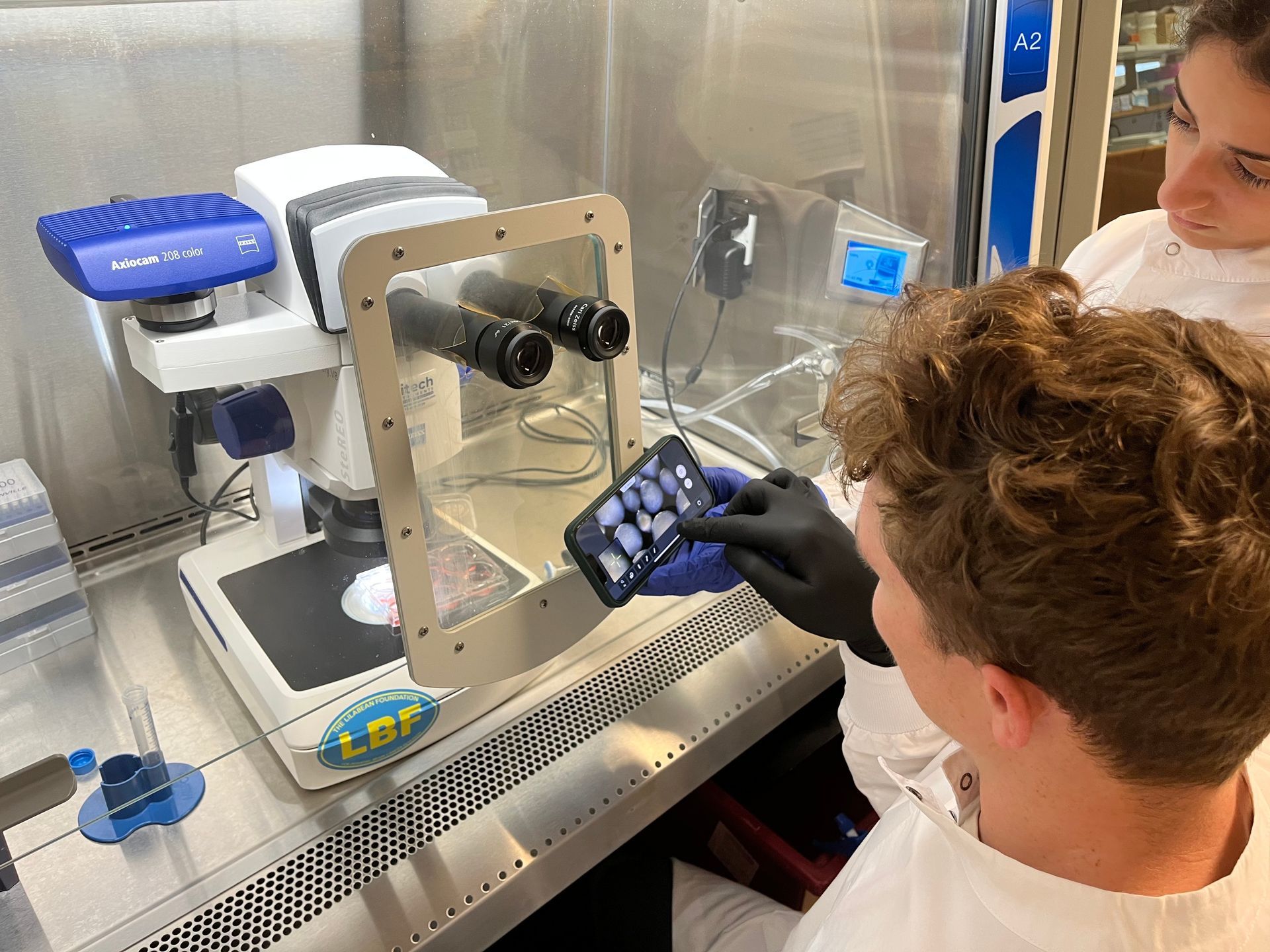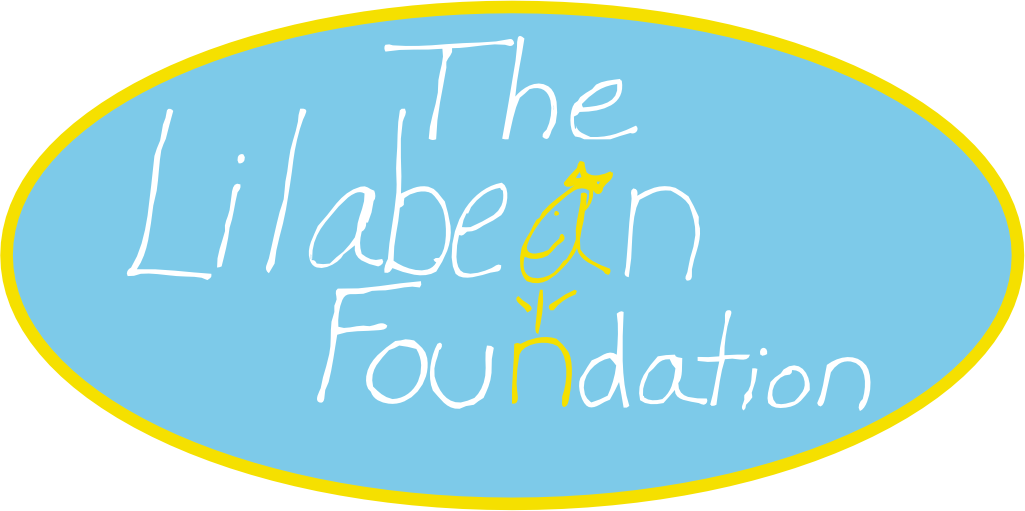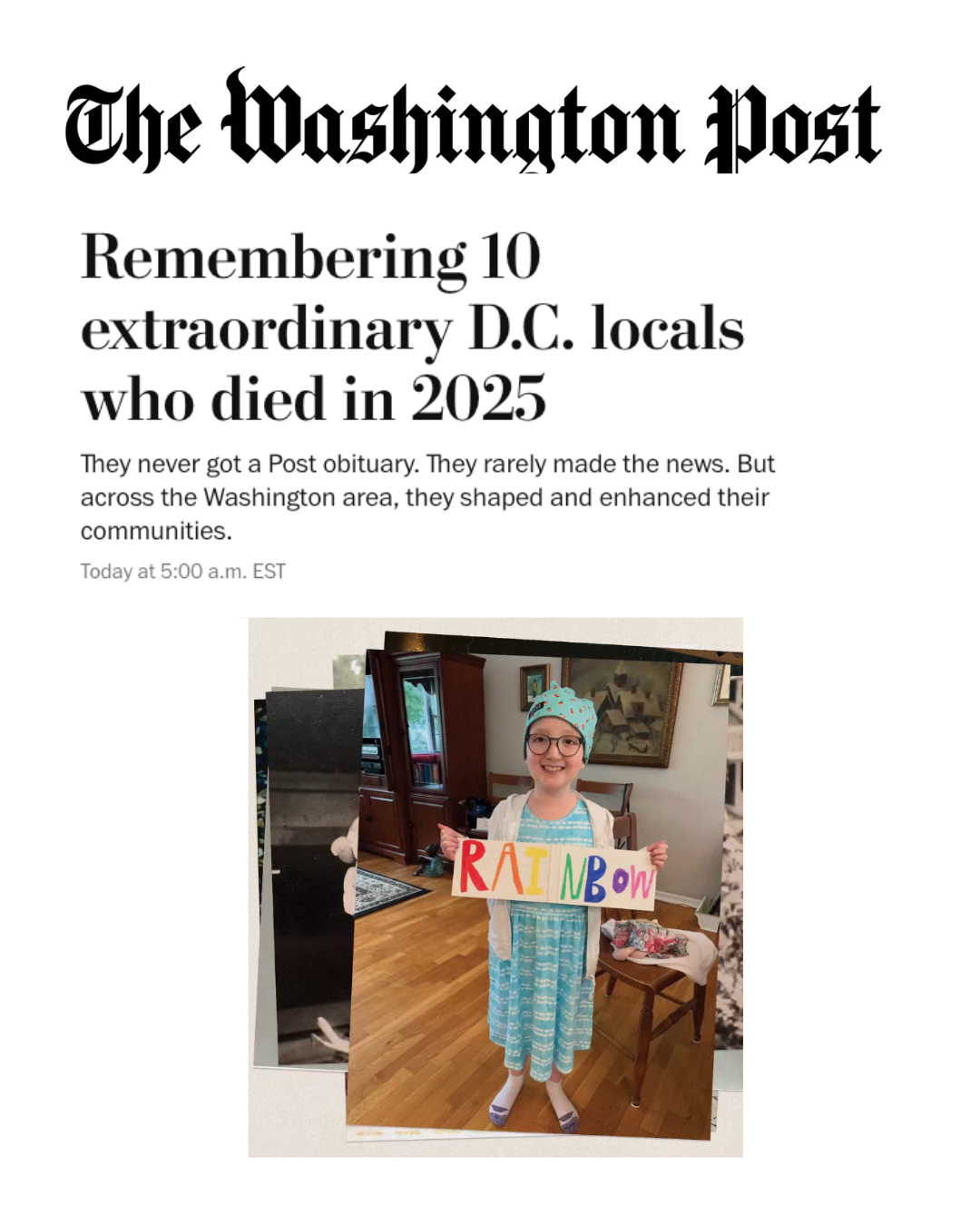Better Treatment Option for some Low-Grade Glioma Patients Becomes a Reality
March 16 marked a historic day for the pediatric brain cancer community with the passing of the first-ever drugs approved by the FDA to treat children with certain types of brain cancer. The two approved drugs, Tafinlar (dabrafenib) and Mekinist (trametinib), created and manufactured by pharmaceutical company, Novartis, were authorized to be used in combination in first-line treatment of low-grade glioma (LGG) with a BRAF V600E mutation in kids one year and up. This came after the TADPOLE trial showed an overall response rate of 47% and median progression-free survival of 20.1 months for the Tafinlar + Mekinist combination compared to 11% overall response rate and 7.4 months for standard of care, according to Novartis.
It is important to note that until last week, there had never been any drugs approved specifically for use in children battling pediatric brain cancer. The additional approval of the two drugs in liquid form is another win, as it provides an accessible option to patients as young as one year old. Dr. Brian Rood, Director, Clinical Neuro-Oncology, Medical Director, Brain Tumor Institute, and LBF Scientific advisor, said in a statement, “Over the past several years, the promise of molecularly targeted therapy has begun to be realized in the treatment of BRAF-altered pediatric low-grade glioma. The FDA approval of Dabrafenib and Trametinib for a subset of LGG represents a milestone in the advancement of treatment for these tumors, one that we hope will be just the first for these types of drugs for pediatric brain tumor therapy.”
While this milestone is historic and shows the progress being made for our smallest warriors battling the deadliest disease in children, there is still more work to do. The Lilabean Foundation for Pediatric Brain Cancer Research (LBF) is proud to support collaborative research efforts for all types of childhood brain cancer. While LBF is hopeful that this is the beginning of many breakthroughs in the pediatric brain cancer space, it is important to note that there are many different types of brain cancer that affect children and over 100 subtypes. Certain brain cancers, such as Diffuse Intrinsic Pontine Glioma (DIPG), Glioblastoma Multiforme (GBM), and others, still have no cure and are fatal to 99% of children diagnosed. We celebrate this milestone but understand there is still more work to do.
The approval of these drugs offers hope for a future where there are treatment options and personalized medicine for ALL children diagnosed with pediatric brain cancer. Founder and Executive Director Nicole Giroux said in a statement,
“The recent approval by the FDA of Tafinlar + Mekinist shows that we, as a pediatric brain cancer community, are making strides towards our common goal of safer and more effective treatment options. For 12 years, LBF has been dedicated to evaluating research and clinical trials for childhood brain cancer. This FDA approval gets us one step closer to not just saving lives but to giving our children a chance to both survive AND thrive.”



